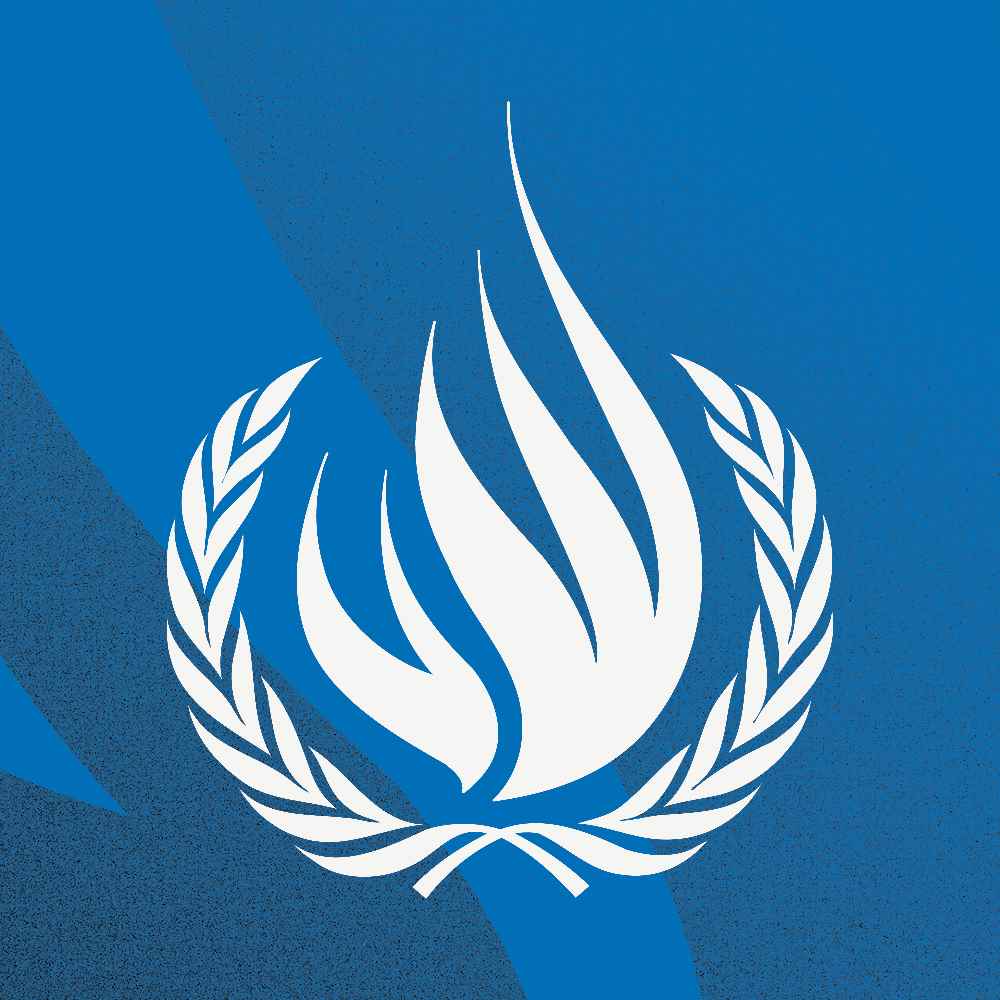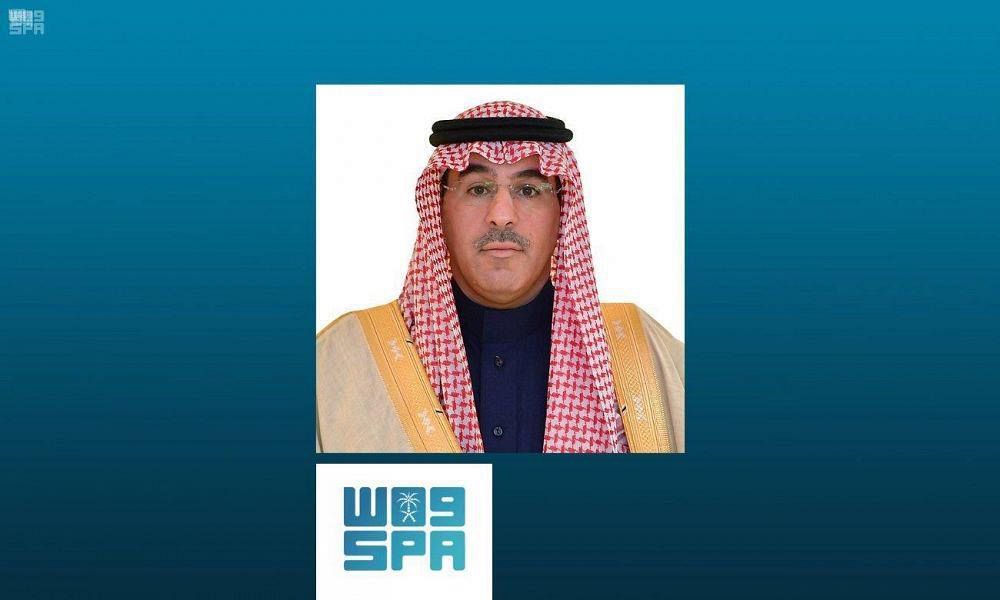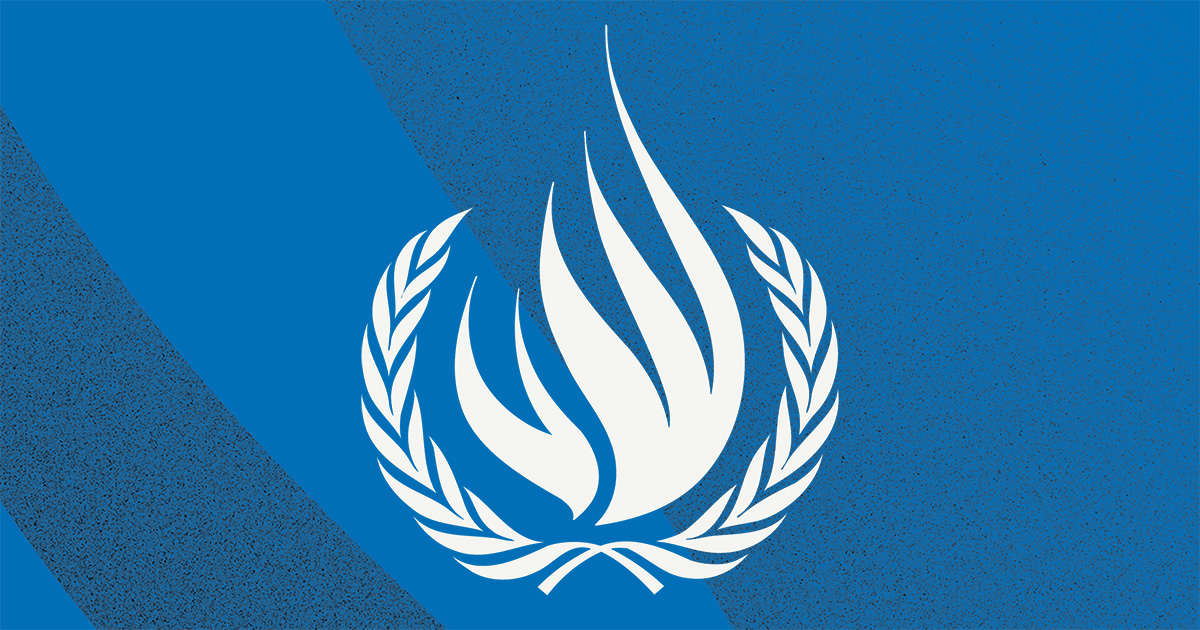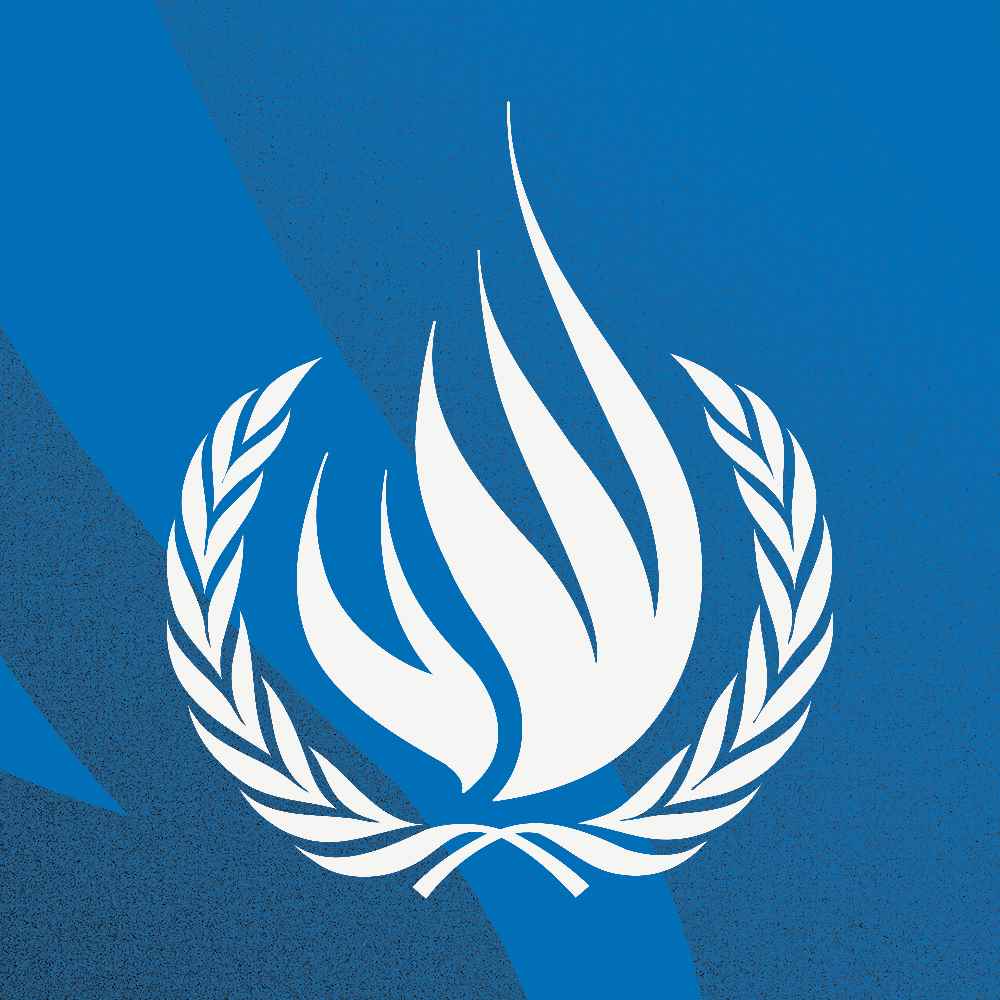
GENEVA (06 March 2023) – UN experts* and the UN Special Adviser on the Prevention of Genocide today called for greater efforts to promote freedom of religion or belief, foster intercultural dialogue and understanding, protect religious minorities and combat hate speech while upholding freedom of opinion and expression. They issued the following statement:
“Recent incidents of religious intolerance in various countries around the world are a reminder of the need to respect human rights standards holistically. Increased awareness and education about the indivisible and interdependent nature of international human rights norms is an important investment in prevention.
Freedom of religion or belief and freedom of opinion and expression are mutually reinforcing as they allow all persons, no matter of what religious belief or no belief at all, whether from minority or majority communities, to speak out against intolerance and hostility and to participate meaningfully and contribute openly and equally in society.
States must address acts of religious intolerance in a human rights-compliant manner. Any advocacy of religious hatred that constitutes incitement to discrimination, hostility or violence should be prohibited by law. Political and religious leaders have a crucial role to play in speaking out firmly and promptly against intolerance and hate speech.
International standards such as the Rabat Plan of Action, Human Rights Council resolution 16/18, the Istanbul Process and the Beirut Declaration on ‘Faith for Rights’ clarify the threshold to distinguish between unlawful incitement and morally reprehensible speech. A distinction that is more necessary than ever with amplification of ‘hate speech’ on social media and the visible consequences of populism in hate speech targeting religious and other minorities.
The Plan of Action for Religious Leaders and Actors to Prevent Incitement to Violence that Could Lead to Atrocity Crimes as well as the UN Strategy and Plan of Action on Hate Speech also provide guidance in preventing incitement in line with freedom of opinion and expression.
We recall that the use of anti-blasphemy and anti-apostasy laws renders religious or belief minorities, including atheists and dissenters, vulnerable to discrimination and violence. As the UN Human Rights Committee has highlighted, criticism and commentary on religious doctrine and tenets of faith should not be prevented or punished as doing so would favour and discriminate between different religions and beliefs. International law recognises all cultures to have equal value.
While international norms and standards provide the framework to combat incitement to discrimination and violence, laws alone are not sufficient, and States should also adopt policies and programmes to promote diversity and freedom of expression in our increasingly multicultural and interconnected societies.”
ENDS











